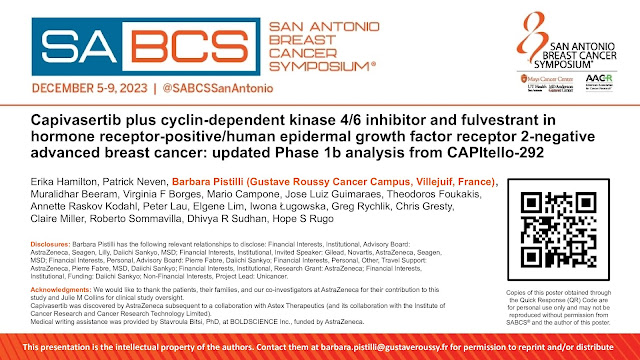J Cancer 2015; 6(1):70-81. doi:10.7150/jca.10478
Research Paper
ERCC1 Induction after Oxaliplatin Exposure May Depend on KRAS Mutational Status in Colorectal Cancer Cell Line: In Vitro Veritas
A. Orlandi, M. Di Salvatore, C. Bagalà, M. Basso, A. Strippoli, F. Plastino, M.A. Calegari, A. Cassano, A. Astone, C. Barone Corresponding address
Medical Oncology, Università Cattolica del Sacro Cuore, Rome, Italy.
How to cite this article:
Orlandi A, Di Salvatore M, Bagalà C, Basso M, Strippoli A, Plastino F, Calegari MA, Cassano A, Astone A, Barone C. ERCC1 Induction after Oxaliplatin Exposure May Depend on KRAS Mutational Status in Colorectal Cancer Cell Line: In Vitro Veritas. J Cancer 2015; 6(1):70-81. doi:10.7150/jca.10478. Available from http://www.jcancer.org/v06p0070.htm
Abstract
Introduction: Oxaliplatin (Oxa) is widely used in metastatic colorectal cancer (mCRC), but currently there are not valid predictors of response to this drug. In the control arms both of OPUS and PRIME studies Oxa seems more active in patients with mCRC with mutated (mt) KRAS than in those with wild type (wt) KRAS. Recently we have retrospectively confirmed this suggestion, therefore we have hypothesized that the mutational status of KRAS could influence the expression of ERCC1, one of the main mechanisms of Oxa resistance.
Material and Methods: We used four cell lines of colorectal cancer: two KRAS wild type (wt) (HCT-8 and HT-29) and two KRAS mt (SW620 and SW480). We evaluated the sensitivity of these cell lines to Oxa by MTT-test as well the ERCC1 levels before and after 24 h exposure to Oxa by Real-Time PCR. We silenced KRAS in a KRAS mt cell line (SW620LV) to evaluate the impact on Oxa sensitivity and ERCC1 levels. Lastly, ERCC1 was also silenced in order to confirm the importance of this protein as an Oxa resistance factor.
Results: The KRAS mt cell lines resulted more sensitive to Oxa (OR 2.68; IC 95% 1.511-4.757 p
Postagens mais visitadas deste blog
Prospective WSG phase III PlanB trial: Final analysis of adjuvant 4xEC→4x doc vs. 6x docetaxel/cyclophosphamide in patients with high clinical risk and intermediate-to-high genomic risk HER2-negative, early breast cancer
https://sabcs.onlineeventpro.freeman.com/posters/25581279/Efficacy-and-tolerability-of-neoadjuvant-Pertuzumab-Trastuzumab-and-weekly-Paclitaxel-in-Locally-advanced-Her-2-positive-Breast-cancer https://sabcs.onlineeventpro.freeman.com/posters/25582333/Phase-II-pilot-study-of-trastuzumab-biosimilar-herzuma-plus-gedatolisib-in-patients-with-HER-2-positive-metastatic-breast-cancer-who-progressed-after-2-or-more-HER-2-directed https://sabcs.onlineeventpro.freeman.com/posters/25581672/HER2CLIMB-02-A-randomized-double-blind-phase-3-study-of-tucatinib-or-placebo-with-T-DM1-for-unresectable-locally-advanced-or-metastatic-HER2-breast-cancer



Comentários
Postar um comentário